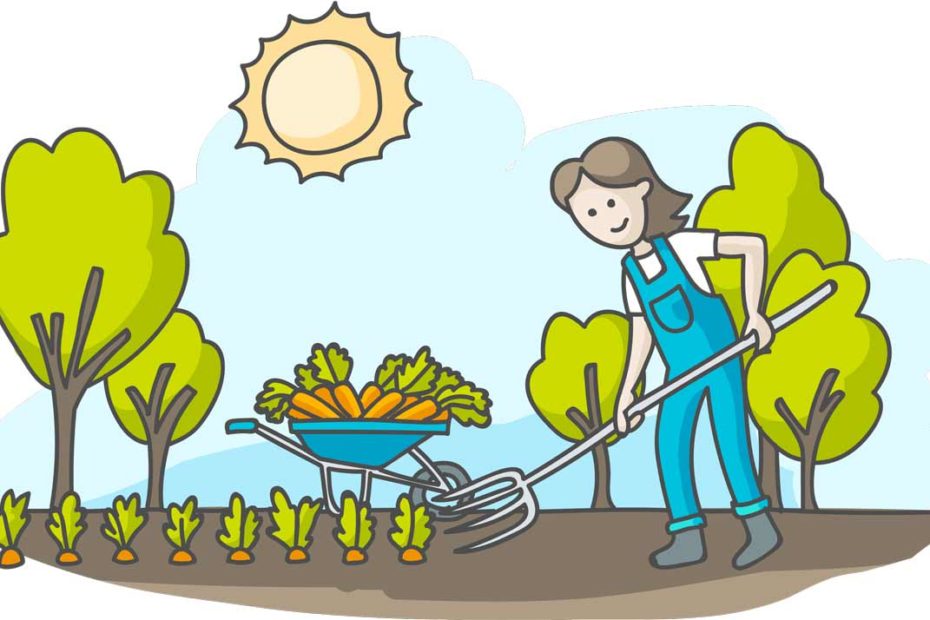If you’re considering switching to a more organic lifestyle, or want to know a bit more about what it involves then keep reading. We take a look at the benefits of organic food and why eating organically-produced food is so much more than the latest fad.
But firstly, let’s clear up…
What is organic food?
According to the Department for Agriculture and Rural Affairs (DEFRA), organic food is produced by a farming system that avoids the use of man-made fertilisers, pesticides, growth regulators and livestock feed additives.
Confused? Let’s simplify this a bit – if a food is organic it just means it was grown on a farm where fewer chemicals were used on the land. This is believed to be more sustainable in the long-term, and has lots of benefits for those that farm the land, or consume the products.
What are the benefits of organic food?
Organic food production is so popular because it limits the use of man-made pesticides. When pesticide residue in non-organic food is eaten, it can be associated with short-term symptoms like headaches and nausea1. So, switching to organic food reduces your exposure to potentially harmful chemicals.
It is debated that organic foods have a higher nutrient content. Evidence shows organic dairy products (milk, yoghurts etc.) have 50% more omega-3 than normal milk2. We can’t be sure how exactly this will affect your body’s health in the long-term but it will certainly help it to improve!
Farming organically is also better for the environment because the animals are kept in more natural conditions and the practices allow more wildlife to thrive.
How easy is it to make the switch to organic food?
Buying organic produce doesn’t have to be difficult or expensive. You can pick up the organically labelled fruit, vegetables and meat in the supermarket easily, although it is generally cheapest when bought directly from the farmer. The best advice is to shop around, if you find it costs too much in your normal shop then look for small local stalls or nearby farmers markets.
If you don’t want to buy everything organic then take a look at the ‘Dirty Dozen’ and ‘Clean Fifteen’. These refer to the fruit and vegetables most and least contaminated by pesticides. The ‘Dirty Dozen’ contain the most pesticide residues when grown using conventional methods so are best bought organic, whilst the ‘Clean Fifteen’ are less prone to pesticide use so are safer to be bought non-organic. Use the lists below to prioritise which fresh fruit and vegetables you buy organic.
The Dirty Dozen
- Strawberries
- Spinach
- Nectarines
- Apples
- Peaches
- Pears
- Cherries
- Grapes
- Celery
- Tomatoes and lettuce
- Sweet bell peppers
- Potatoes
Clean Fifteen
- Sweetcorn and sweet potatoes
- Avocados
- Pineapples
- Cabbage
- Onions
- Peas
- Papayas
- Asparagus
- Mangos
- Aubergine
- Honeydew melon
- Kiwi
- Cantaloupe melon
- Cauliflower
- Grapefruit
Not sure where to go from here? Then, consider signing up for the Reset Your Health Plan to see how you can adapt your eating habits to focus on all-natural food with no additives. Start enjoying the benefits of organic food with new and exciting recipes, whilst improving your health and protecting the environment!
References
1. Alavanja MCR. Health Effects of Chronic Pesticide Exposure: Cancer and Neurotoxicity [Internet]. 2004. Available from: https://pubmed.ncbi.nlm.nih.gov/15015917/
2. Mie A, Andersen HR, Gunnarsson S, et al. Human health implications of organic food and organic agriculture: A comprehensive review. Environ Heal A Glob Access Sci Source. 2017. Available from: https://pubmed.ncbi.nlm.nih.gov/29073935/
